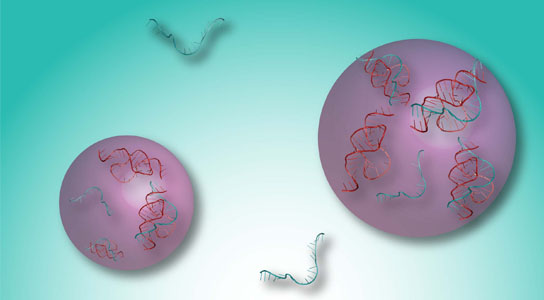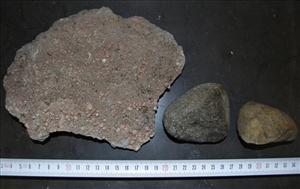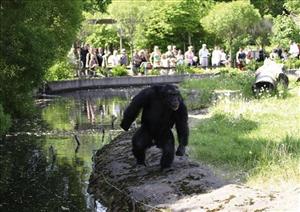Why do we have the biological need to defend ourselves?
Our biological need to defend ourselves is obviously linked
to our desire to live. So to ask, "why we defend ourselves?" is to ask "why do we
want to live?"
If you ask the average person why they want to live, they
will give you many different reasons. Often these reasons surround wanting to experience
something before they die, taking the form of “I want see my children grow up” or “I
want to see Rome before I die.”
Most people I've experienced eventually say they are afraid
of death. They are afraid of the discomfort of what causes their death such as a car crash or a painful illness, or they are afraid of the knowledge
of their impending death like in a plane crash. But many people state they are flat-out scared to be
dead, as if they will be conscious of the experience and will be missing out on
everything they left behind.

It is difficult for people to imagine what it would be like to be dead, but as I've said to many people it is just like how it was
before you lived. You did not notice when our star formed over 4 billion years ago and when dinosaurs went extinct 65 million years ago, and you will not notice after our star dies in another 4 billion either.
This fear of death is not within all people, but overall
most people do not want to die. I do not fear death but I do have the overwhelming urge to live, steering me away from anything that would cause me to cease living. If most Homo sapiens did not care to live our species
would have gone extinct, but so since our species does fear death...the overall population of our ancestors must have passed on
genes that create offspring driven to live. This means that our ancestors all
the way back to the first forms of life must be driven to live.
So why is life driven to live?
Put very simply: The first life billions of years ago only succeeded because it was able to
reproduce its information. Once this first life began to break apart into
several competing groups of information, the one that was able to reproduce
itself better than its neighbors became the majority.

Eventually this group
broke apart into different forms of information, and some of them could
actually hijack others around it and use their information to create
themselves. This is practically what viruses do, and they were one of the first major groups to form. After this information started to "eat" other pods of information, starting the predator and prey distinction.
Once the threat of being damaged or taken over arose, information must
not only reproduce itself but also find ways to protect themselves from its
neighbors. If information was not able to protect itself, it would not be able
to reproduce itself, thus its information would not make it into the future as
well as the ones that could.
Eventually pods of information became more complex, creating
barriers around their information, that developed into fins to swim faster, teeth
to eat others pods of information, and armor to avoid being eaten. This is the
beginning of the drive to survive and defend.
Our species took it one step further because we not only
have borders to protect our information and teeth to ingest others, but now
have structures called brains that were created by our information, allowing us to create an external form of defense by manipulating the environment. Other animals
have simple forms of environmental defense.
This is a hagfish who when threatened, created slime out of the water that ended up choking the shark.

This is a chimpanzee who stored stones away to throw at visitors.


"A male chimp in Sweden has stirred excitement by storing a cache of stones to hurl at visitors, the BBC reports. Santino, a chimpanzee in a zoo north of Stockholm, proves that animals can prepare for future events..."
And this is a wild chimpanzee who is throwing stones at a rival. 

Our drive to defend ourselves comes from our drive to live
and reproduce more efficiently so as to ensure our genes existence in the
future. Even if you decide to not have children, your drive to live still
exists because every part of you was evolved to help you live and pass on its
information. We protect our bodies, our children, and our homes because they are all linked to our genes' survival into the future.

No comments:
Post a Comment